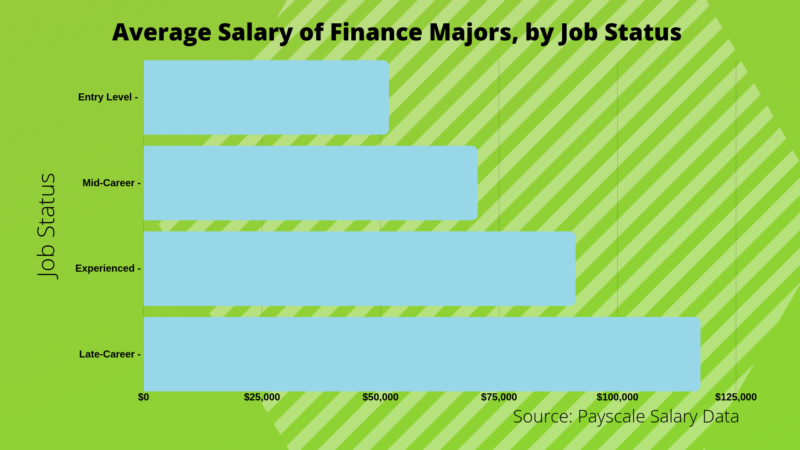The assignee has a lien on the lorry and can repossess if you don't pay. Co-signer A co-signer is a personsuch as a moms and dad, close relative, or friendwho promises to repay the loan if you do not. This can be an advantage both to you and your lender. A co-signer takes complete obligation to repay the loan. Having a co-signer on your loan offers your loan provider additional assurance that the loan will be paid back. If you do not repay your loan, your co-signer will be responsible for repayment even if the co-signer never drove your automobile. If you have actually been asked to co-sign a loan, you the timeshare company need to consider how it will impact your financial resources. In some states, the law allows the creditor to repossess your cars and truck without litigating. To learn more, consisting of definitions of typical terms used when financing or renting a car, check out "Understanding Lorry Financing," jointly prepared by the American how much is a time share Financial Providers Association Education Structure, the National Automobile Dealers Association, and the FTC. To purchase print copies of "Comprehending Vehicle Funding," call the AFSA Education Structure: (888) 400-7577.
A financing charge is a cost imposed on a customer for getting credit. Financing charges consist of interest on debt balances and any extra fees enforced by the credit-issuing entity. Listed below, you'll find common examples of finance charges that consumers deal with, and some suggestions for minimizing the impact of these charges. A finance charge is any cost a customer encounters in the procedure of obtaining credit and paying back debt. Financing charges typically featured any kind of credit, whether it's a credit card, a service loan, or a home loan. Any quantity you pay beyond the amount you obtained wyndham financial services is a finance charge.
Among the benefits of having a credit card is that you can obtain cash without needing to settle your balance completely each month. However, taking your time to repay your financial obligation comes at a rate. Your issuer will charge interest on any balance not settled by the end of the month. That interest cost is a financing charge. If you miss a minimum payment due date that falls beyond a grace duration for your charge card, you could be charged a late payment cost, which is another example of a finance charge. Funding financial obligation is big service in the U.S.

3 trillion. That's a 1. 1% boost given that the fourth quarter of 2019, when household financial obligation was currently 26. 8% greater than it was in 2013. Many of that financial obligation (if not all of it) will come with finance charges such as interest charges and loan processing fees. Financing charges are determined each billing cycle based upon the existing prime rate. As of July 15, 2020, the Wall Street Journal computed the prime rate to be 3. 25%. This rate varies in reaction to market conditions and Federal Reserve policy, so your potential finance charge could vary regular monthly (What is a consumer finance account). If you have a fixed-rate loan, the finance charge is less likely to differ, though it may still change based on factors such as your payment history and timeliness.
Some Ideas on How Long Can I Finance A Used Car You Should Know
Charge card issuers may determine financing charges utilizing your daily balance, approximately your daily balance, the balance at the beginning or end of the month, or your balance after payments have been used. Your charge card arrangement may likewise include a minimum finance charge that's applied anytime your balance undergoes a charge. For example, your charge card terms might include a $1 minimum finance charge, so if a billing cycle's charges are $0. 65, that'll be rounded up to $1. You can minimize the quantity of interest you pay by minimizing your balance, requesting a lower rates of interest, or moving your balance to a charge card with a lower rates of interest.

Financing charges can be listed in a number of put on your month-to-month credit card billing statement. On the first page of your billing statement, you'll see an account summary noting your balance, payments, credits, purchases, and any interest charges. In the breakout of transactions made on your account during the billing cycle, you'll see a line item for your financing charge and the date the financing charge was assessed. In a separate section that breaks down your interest charges, you'll see a list of your finance charges by the type of balances you're carrying. For example, if you have a purchase balance and a transfer balance, you'll see details of the finance charges for each.
For home loans, regular monthly payments are separated into principal and interest payments, in addition to additional expenses like real estate tax. In this case, the "principal" portion of payments would not qualify as a financing chargeit just goes towards reducing your debt balance. The interest payments, on the other hand, are a finance charge. Making your minimum charge card payment is typically enough to cover your financing charge plus a small portion of the balance. Nevertheless, if you're only paying the minimum payment, your balance will not reduce by that muchit takes the bulk of a regular monthly payment just to cover interest charges. Since your balance isn't decreasing significantly, you'll face another interest charge throughout the next billing cycle.
For those with substantial debt, the minimum payment might not cover the month's financing charge. In this case, paying the minimum will lead to a larger balance. Reducing debt will require payments beyond the minimum. A finance charge is a cost troubled a customer who obtains credit. Finance charges consist of interest charges, late costs, loan processing fees, or any other cost that surpasses repaying the amount obtained. For numerous kinds of credit, the financing charge varies as market conditions and prime rates alter.